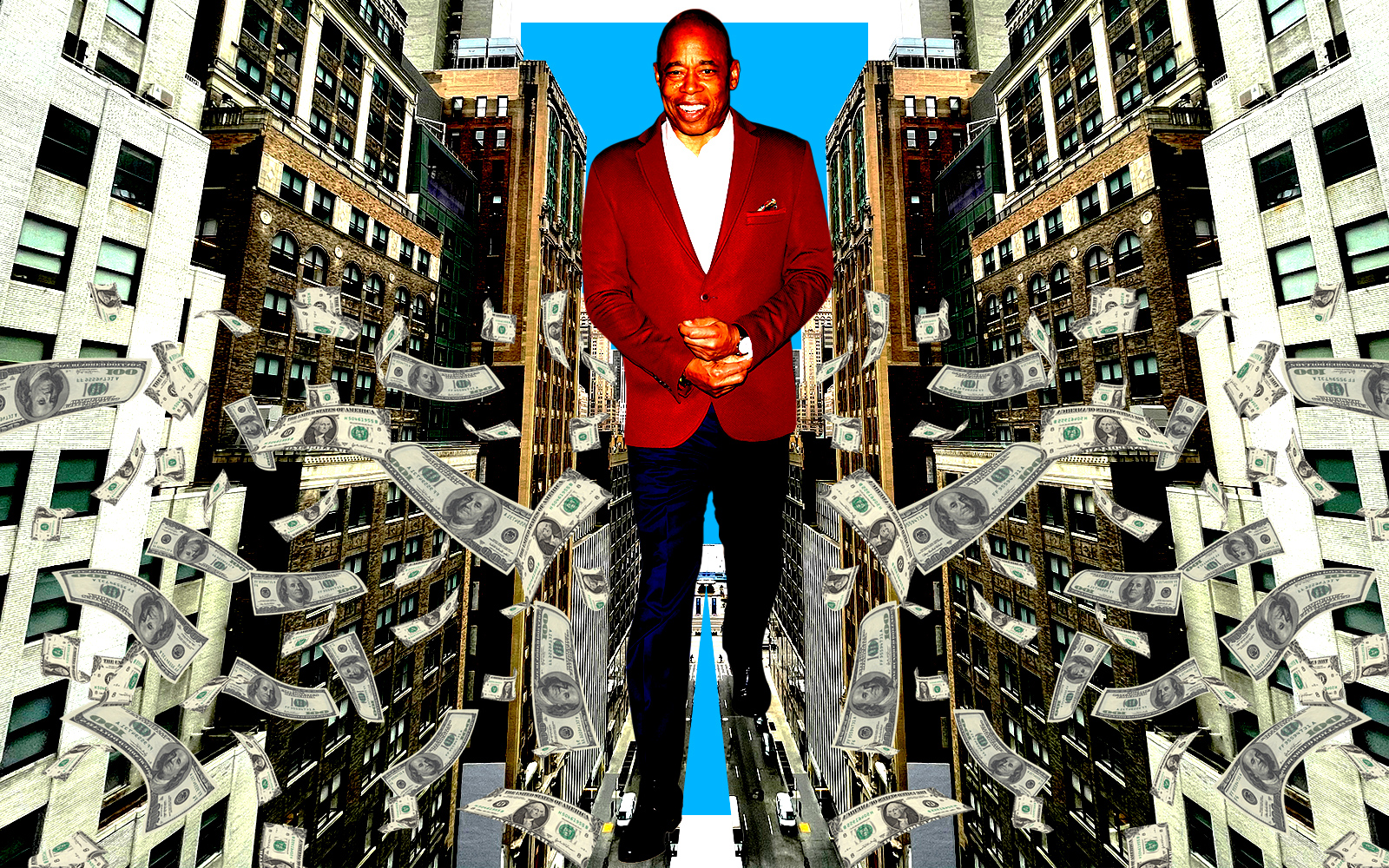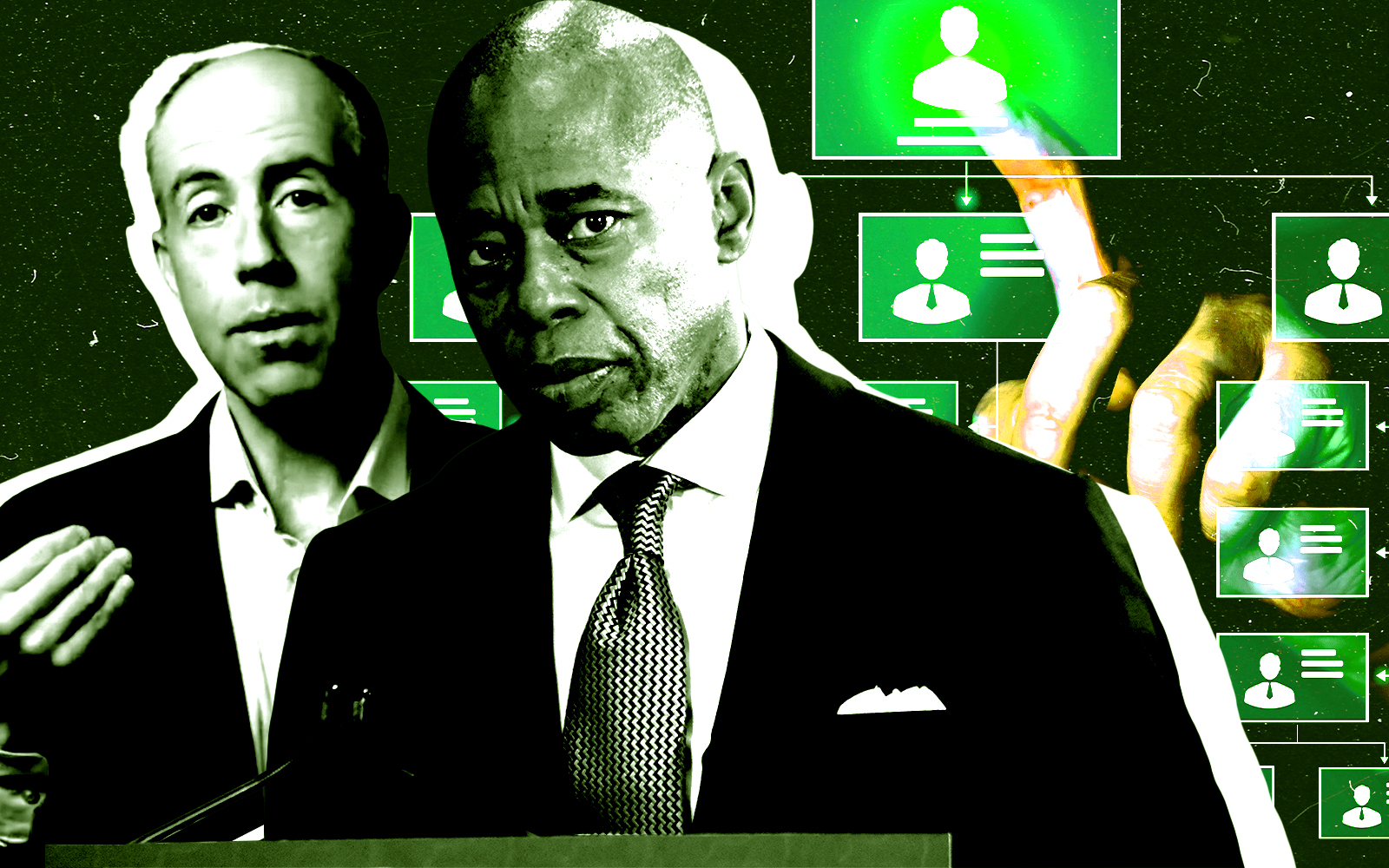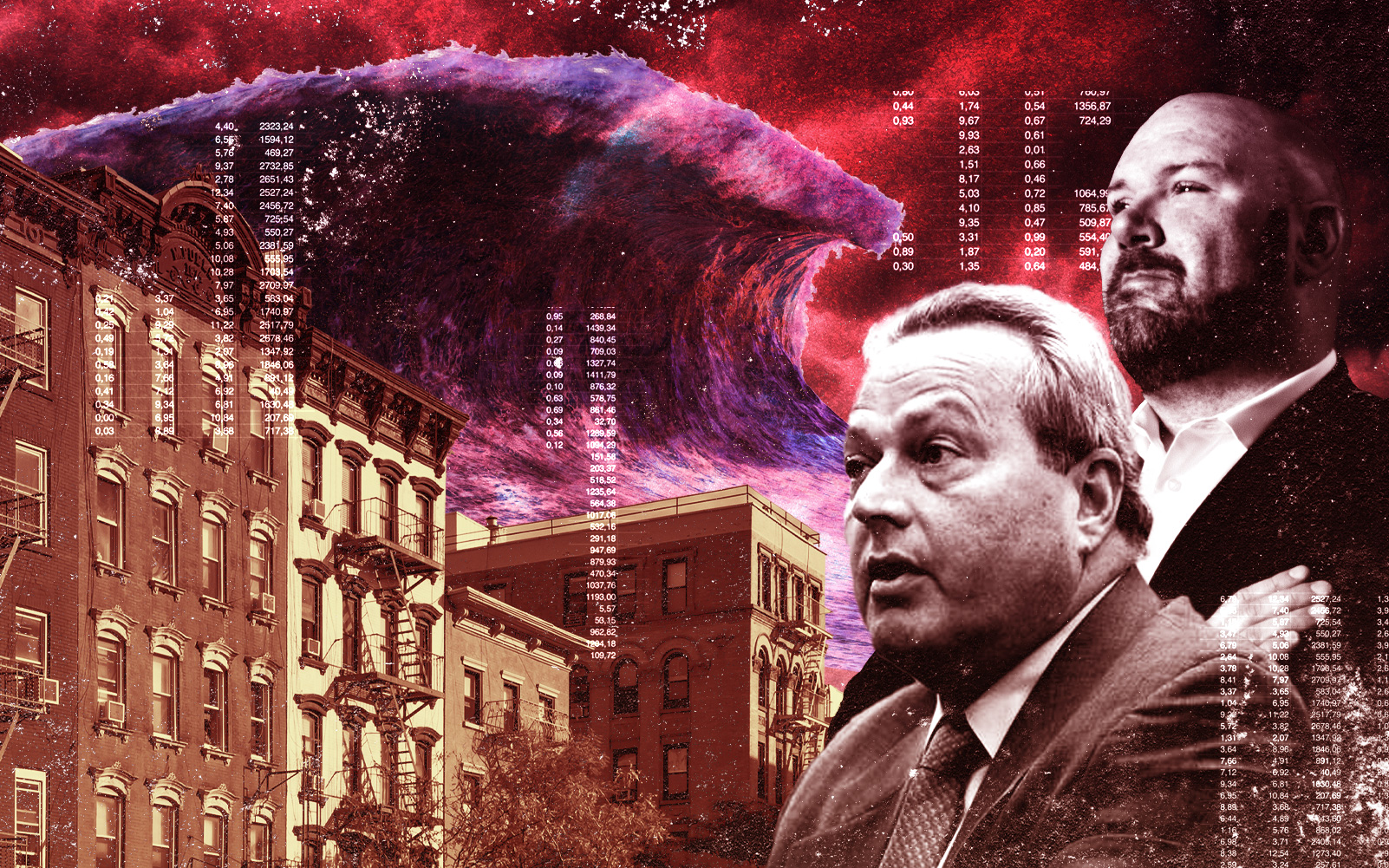After a report found that landlords’ operating costs increased dramatically last year, the Rent Guidelines Board staff suggested rent hikes of as much as 8.5 percent on one-year leases for rent-stabilized apartments and 16 percent for two-year terms.
If approved, those bumps would mark the largest rent hikes since 1989. But the board tends to ignore its own staff’s suggestions when proposing adjustments, so a vote in line with those recommendations would also be a novelty.
The staff uses five different methodologies to gauge how much rents would need to increase to keep landlords’ operating income consistent from year to year.
Each model considers the cost of doing business, which jumped 8.1 percent last year, primarily due to rising fuel, insurance and maintenance fees. That was nearly double the 4.2 percent increase from 2020 to 2021.
On the higher end of the recommendations, an 8.5 percent hike on one-year leases is the only approach that factors in inflation, which stood above 6 percent in the New York City metropolitan area for most of last year.
An increase of that magnitude could be a saving grace for owners, who claim that years of minimal hikes (the average annual increase under the de Blasio administration was 1 percent) have made it increasingly difficult to fund repairs and stay current on debt service.
But the board, which must weigh the interests of landlord, tenant and public representatives, nearly always approves a smaller hike than its staff recommends.
Last year, for example, the staff floated a 4.5 percent increase on one-year leases and the board okayed a 3.25 percent bump.
“The RGB has continuously ignored its own data, and rent-stabilized properties have suffered,” said Jay Martin, executive director the Community Housing Improvement Program, a landlord group.
Some owners are holding out hope that this year could be different. Mayor Eric Adams’ two recent appointees to the board — law professor Nestor Davidson and city government veteran Doug Apple — seemed to indicate a commitment to data-informed decision-making.
“I think that’s promising,” Martin said last week.
But tenant advocates have continued to downplay evidence of rising costs and dropping profits, arguing that renters are just as burdened as their landlords. Last week, the Legal Aid Society pushed for a rent freeze.
“There is simply no justification to support any rent increase on some of our most vulnerable neighbors, especially now with a recession looming later this year,” the group said in a statement.
Landlords, meanwhile, believe the board’s votes over the next few years will make or break the future of many rent-stabilized buildings.
Commercial brokers say distress has begun to hit the sector and more foreclosures are imminent. One landlord group warned last month that the crisis will play out like a “train wreck in slow motion.”
“It is absolutely necessary to have rent adjustments meet the increase in costs,” said Michael Tobman of the Rent Stabilization Association, another landlord group.
“Anything less puts New York City’s entire affordable housing economy at severe risk of collapse,” he added.
Read more



